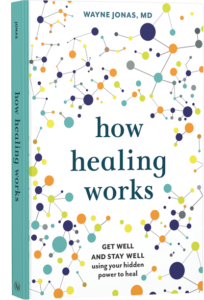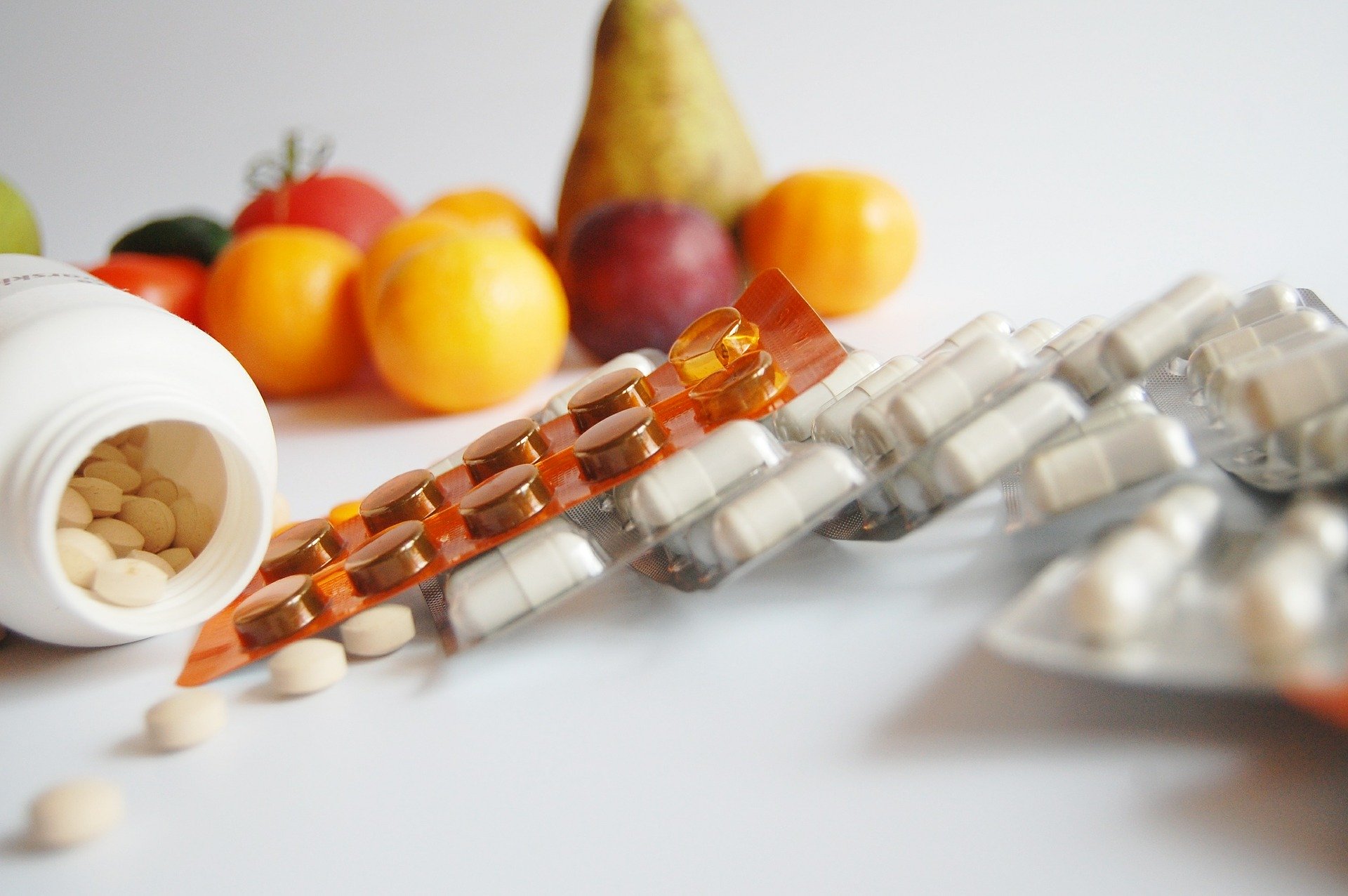While medical providers often recommend the use of supplements for patients with nutritional deficiencies of some kind, integrative medicine is becoming more and more interested in expanding outside this one-track approach.
As a result, in addition to providing patients with the most accurate, up-to-date information on supplements, it is also the job of an integrative health professional to consider uses more therapeutic in nature. And while these approaches still adhere to a physician’s typical strategies of implementation, they require candid conversation to discover if this method may interact with their current prescriptions or over-the-counter medications.
Here are three therapeutic areas of supplement use that you should consider during your next consultation with your doctor. They’re relatively simple to adopt, not overly expensive, and serve as a proactive approach to whole-person care.
Sleep
After your doctor rules out sleep apnea or other medical conditions, improving your sleep through the judicious use of supplements and good sleep hygiene is an important way to practice integrative health.
Slow-release melatonin has been shown to improve the quality of life for both children with autism and their parents, for example. It can also be prescribed to help with jet lag for frequent or long-distance travelers.
Other supplements with some evidence for assisting with sleep include lavender, valerian, chamomile tea or extract, and passionflower extract, melatonin, magnesium, L-theanine and 5-HTP. After checking for medication interactions, I often find patients can successfully substitute combinations of these ingredients for drugs prescribed for insomnia and with fewer side effects.
But they need to be used properly. For example, I often find my patients take melatonin too late in the evening for it to work. It takes hours to take effect.

Mood
Those suffering from anxiety and mild to moderate depression may benefit from supplements. For example, if you have anxiety maybe talk to your doctor about ginkgo biloba supplements. Four weeks of supplementation can reduce symptoms of generalized anxiety disorder or adjustment disorder.
Daily lavender supplements such as Silexan can reduce anxiety and improve sleep. Moderate doses of folic acid (1 mg per day or less) may improve the response to antidepressant medications in patients with major depressive disorder. While it should be prescribed carefully because of its many drug interactions, St. John’s wort can be helpful for anxiety and depression.
Diet
While not traditionally considered a therapeutic area, it is equally as important to consult a doctor regarding supplement use for weight loss or other dietary goals.
In the video below, I discuss the potential downsides of this type of supplement use as well as discuss the origin of a lot of these supplements and the problems often associated with them.
Integrating with Pharmacy Care
Doctors may be tempted to leave the issue of interactions with the patient’s pharmacist, an important member of the integrative health team. Unfortunately, a Chicago Tribune investigation revealed that pharmacists missed half of the dangerous drug interactions – and this happened even when patients brought two prescriptions to the pharmacy at the same time.
A pharmacist who does not know about or ask about supplements is unlikely to alert health care provider or the patient to interactions. Your doctor may need to work a specific pharmacist, asking them to get training and provide services about supplement-drug interactions and use.
Integrating the pharmacy into whole person care ideally means that patients would share any supplement use with the pharmacist, remind them of other prescriptions and over-the-counter drugs they take, and discuss whether a new prescription may interact with what they are taking. In addition to investigating individual supplements, you and your providers can check the FDA Dietary Supplement Ingredient Advisory List and sign up for alerts when new ingredients are added.
Finding Quality Supplements
As seen with the FDA and FTC warning, there is a market of supplements that are either unproven in their perceived effect or blatantly fraudulent in their advertisement. To combat this and ensure patients obtain the best quality supplements, consult your physician and consider the following tips.
- Look for products with the NSF International, USP or Consumer Laboratories seal.
- Check the U.S. Pharmacopoeia information on dietary supplements and food at https://qualitymatters.usp.org/topics/ dietary-supplements.
- See the Dietary and Herbal Supplements guide at the National Center for Complementary and Alternative Medicine.
- A subscription to the Natural Medicines Comprehensive Database may be of value to those who want detailed information and up-to-date evidence on supplements.
To learn more about supplements and the strategies of practice to consider implementing, see the Provider’s Pocket Guide to Supplements.

Your Health Into Your Own Hands
Drawing on 40 years of research and patient care, Dr. Wayne Jonas explains how 80 percent of healing occurs organically and how to activate the healing process.

